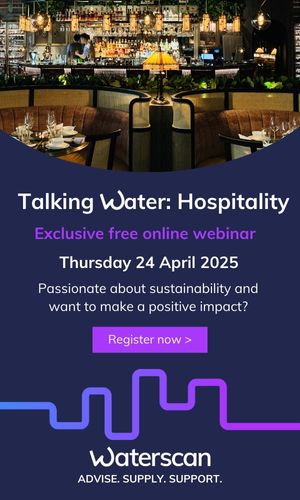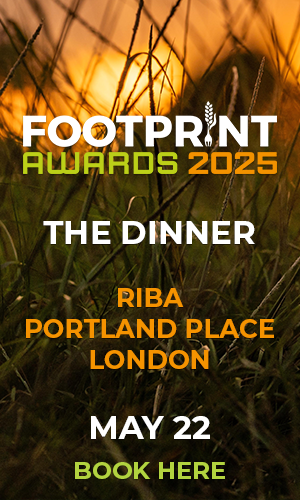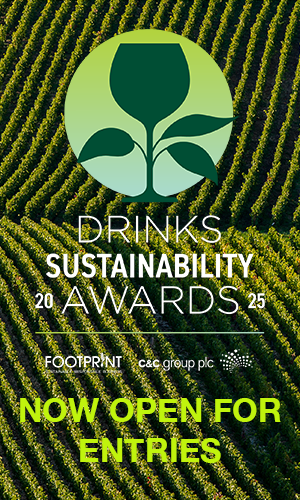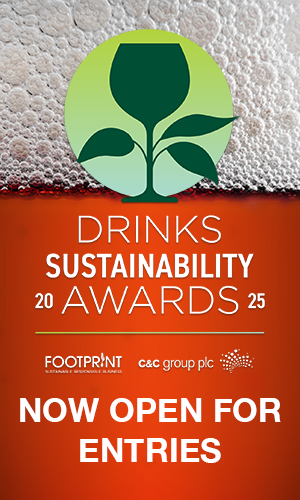This is billed as the decisive decade for action to reduce greenhouse gas emissions. To keep global warming to no more than 1.5°C we must reduce emissions by 43% by 2030 and reach net-zero by 2050, according to the Intergovernmental Panel on Climate Change (IPCC). The food sector, which accounts for around a third of emissions, will have a crucial role to play in achieving this.
As a collective, are foodservice and hospitality businesses acting as enablers or impediments to the net-zero transition? It is too early to say. However, as we approach the halfway point to 2030 there is value in taking stock.
While this report does not seek to benchmark companies or the sector, it does consider in detail what companies have committed to, where they are on what is already proving to be a bumpy road to net-zero and how best they can prepare for the challenges ahead.
Based on extensive interviews with foodservice businesses, consultants, and experts, the report shares insights into the following topics:
- What companies have committed to and the challenges of turning these into action (practicalities, costs, regulations and competing interests within the business)
- How the leading companies are turning commitments into action (using data), the levels of reduction in emissions and what others can learn from this
- How and why foodservice companies are communicating with clients and customers on net-zero – from company reporting to carbon labels
You can download the report here












Leave a Reply